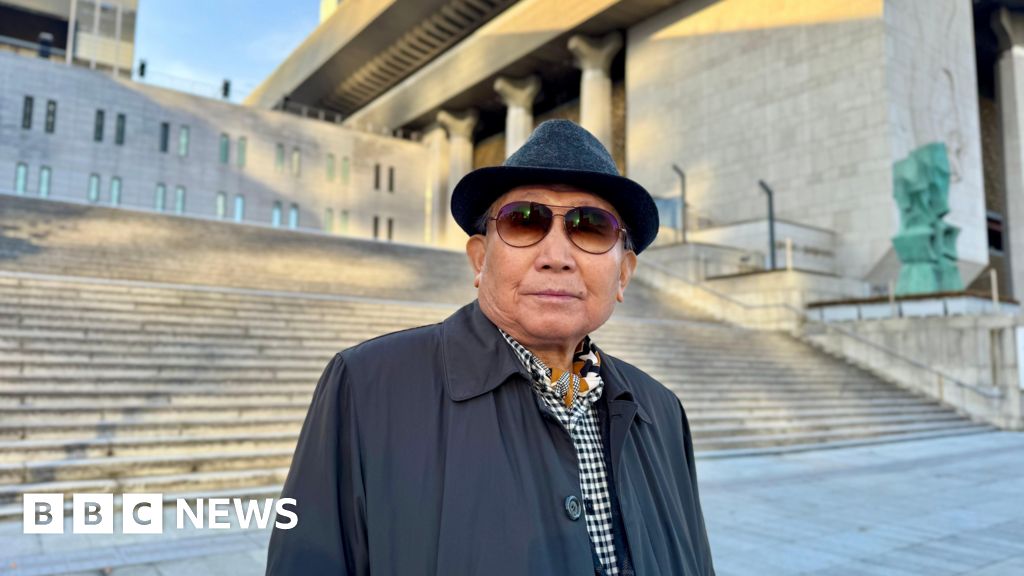There is the view among a significant portion of the population, especially among older folk, that martial law was necessary in the past for stability and democracy.
“Back then, it was a time defined by ideological warfare between democracy and communist socialism,” said Kang Hyo-san, 83. He was sitting next to his friend Mr Koh in a cafe at Gwanghwamun, Seoul’s main square and focal point for the city’s protest rallies.
The competing ideologies would lead to clashes and “when the military intervened, the situation would stabilise… it was a process to restore order and properly establish free democracy.
“Given the circumstances, we couldn’t help but view it positively,” he said, adding that he felt each period of martial law left the country in a more “favourable” position. Martial law in South Korea “fundamentally differed” from other nations, where it “wasn’t about killing people or senseless violence”, he insisted.
But this time, it’s different. Both octogenarians felt that Yoon’s declaration of martial law was unacceptable. “Even though we’ve experienced martial law many times throughout our lives, this time there’s no justification for its declaration,” said Mr Koh.
Like them, Ms Kim, the environmental activist, was glad Yoon did not succeed and democracy prevailed in the end. “Because we fought so hard to get it, right? We don’t want to lose it again.
“Without democracy and freedom of living, what is life?”

